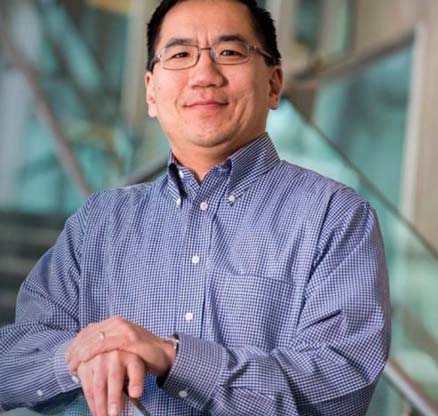A Point of View by Dr. Jonathan Cheng, vice president, Oncology Clinical Development, MSD Research Laboratories
Dr. Cheng has been treating head and neck cancer patients for many years. This is his personal perspective.
I have treated patients with head and neck cancers for many years, so I have seen, up close, the difficult experience of living with head and neck cancer. Cancer is a trying situation for all patients and their loved ones, but head and neck patients face cancer in a unique and difficult way, with their disease and tumors often visible to the public.
I have been involved in research for years as part of scientists’ decades-long endeavor to bring forward meaningful advances for patients diagnosed with this potentially aggressive disease. Until recently, such advances were hard to come by and my patients and I struggled with the limited treatment options available.
But while there is a significant need for new treatment options, the good news is that there have been some improvements in survival rates over the years and we are seeing a new and encouraging future ahead.
We have begun to leverage our understanding of biology to develop more precise therapies. At MSD, we are focused on immuno-oncology research, which studies the role of the immune system in detecting and fighting cancer. We are studying the potential of this approach, which aims to harness and restore the body’s ability to detect and fight cancer cells, in a number of cancers, including head and neck cancer. Immuno-oncology has already significantly changed the way certain cancers are treated, including melanoma and lung cancer, as well as in the treatment of head and neck cancer.
Change is coming to the head and neck cancer landscape – and it is thrilling to be a part of it. To be able to see how our research and efforts at MSD are having a direct impact on how physicians approach the treatment of their patients and what patients may expect from their treatment is what motivates us to work harder.


